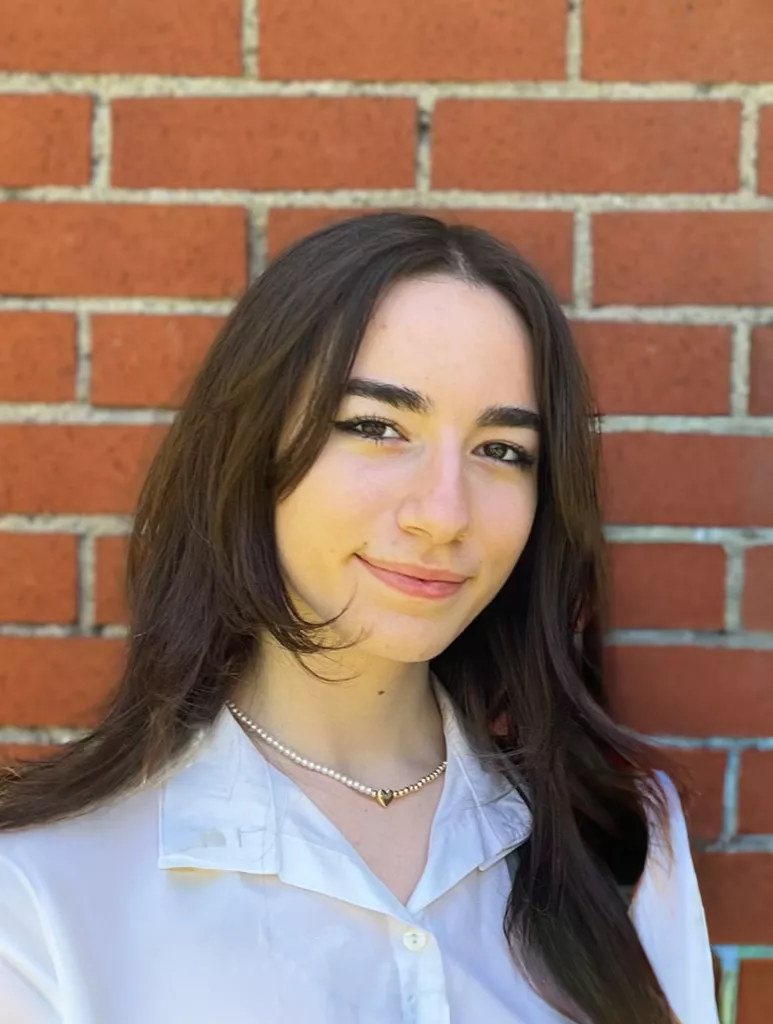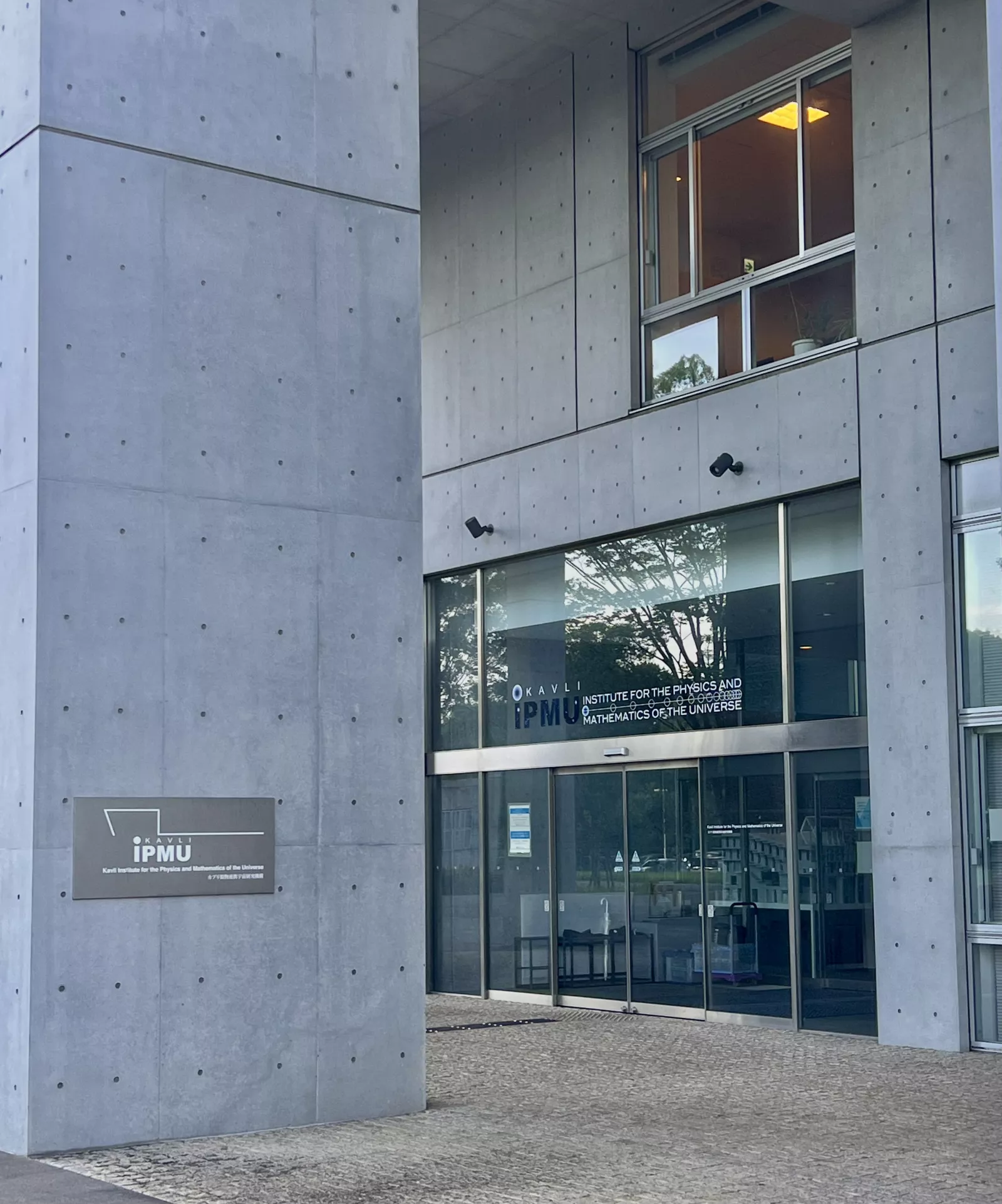
Name: Manolya Yatman
Class Year: 2026
Major: Astrophysics
Hometown: Istanbul, Turkey
Internship Organization: Kavli Institute for the Physics and Mathematics of the Universe, University of Tokyo
Job Title: Research Internship
Location: Kashiwa, Japan
What's happening at your internship? We would love to hear what kind of work you are doing!
With the guidance of my supervisor at the Kavli Institute for the Physics and Mathematics of the Universe, we’re developing research within the field of stellar archaeology by analyzing stellar abundances in order to provide results relevant to nuclear physics modeling of the r-process and its astrophysical site. My current job is to derive accurate atmospheric abundances and integrate orbital histories for a number of metal-poor stars and to make regular presentations regarding the research!
Why did you apply for this internship?
One of my greatest areas of wonder growing up was the very beginning of the Universe. As a prospective astrophysics major, I’ve also been very interested in studying the stars, and through research in stellar archaeology, especially concerning metal-poor stars, we are able to gain information on the earliest times of the Universe. In the future, I am planning on going into research and academia, which is why this research internship was really ideal for me. I wanted to be able to gain the experience that I would need to further myself as a researcher and to also learn about the variety of studies within the field of astrophysics that I didn’t even know existed.
What is something you have learned from your internship that you didn't expect?
A big takeaway from my internship experience that will also most definitely affect my academic career at Bryn Mawr is seeing how essential coding/programming is within astrophysics. I thought I could get away with my high school programming skills, like knowing how to print (“Hello World!”) on Python, but it was very quickly revealed to me that that is not the case. Research in astrophysics, like any research, relies on data, and manually analyzing data is now a thing of the past, since we can just use programming technologies to make computers do that hard work for us. In order to prepare myself for the future, I plan on taking data/computer science classes, which I would not have even attempted if it wasn’t for my experience during this internship.
What has been the biggest challenge you have faced at your internship?
Among many, the one challenge I’ve been struggling with the most would be scientific communication, the importance of which is really underestimated within the scientific community. It is one thing to know what you are doing, but to know how to communicate those ideas clearly is truly a challenge. Whether it be writing a scientific paper or speaking in a colloquium, the value of the science heavily relies on the delivery. Especially in an environment such as Kavli IPMU, where I’m one of the few undergraduates among professionals who are well-versed in their fields, it can be intimidating to even attempt to speak up. With time and experience, I hope to gain the knowledge and the confidence to be an adept scientific communicator.
Visit the Summer Internship Stories page to read more about student internship experiences.
